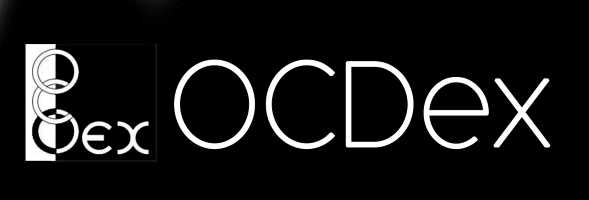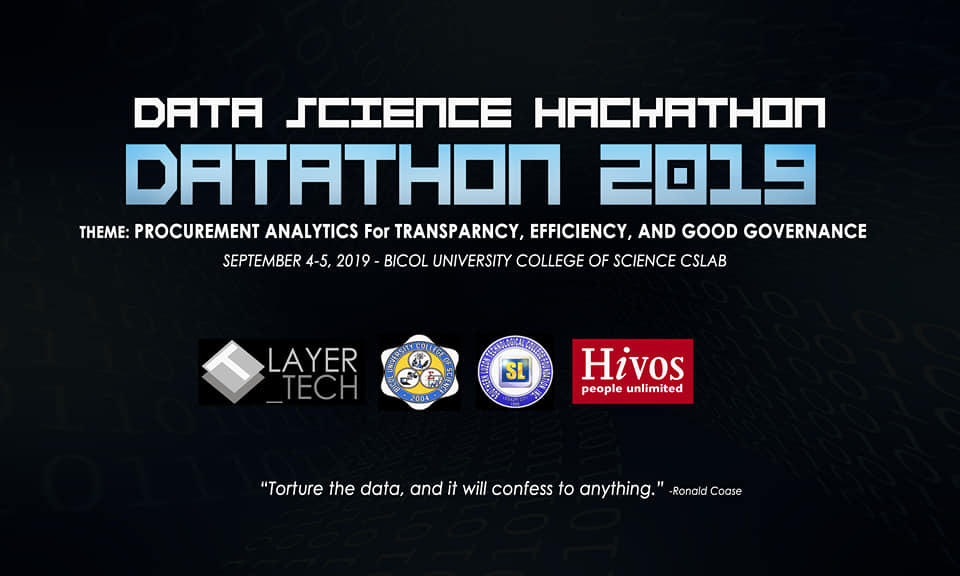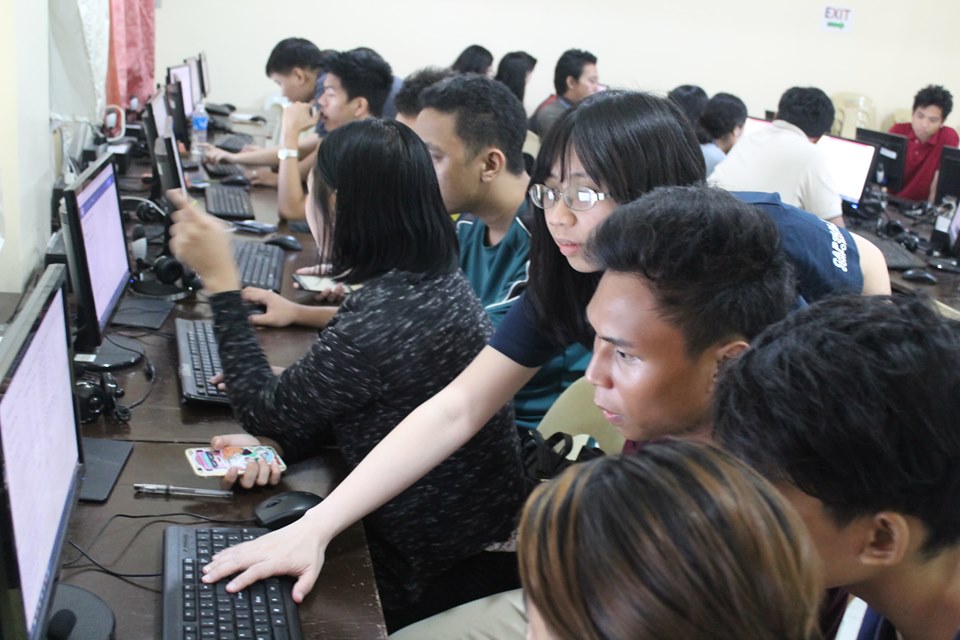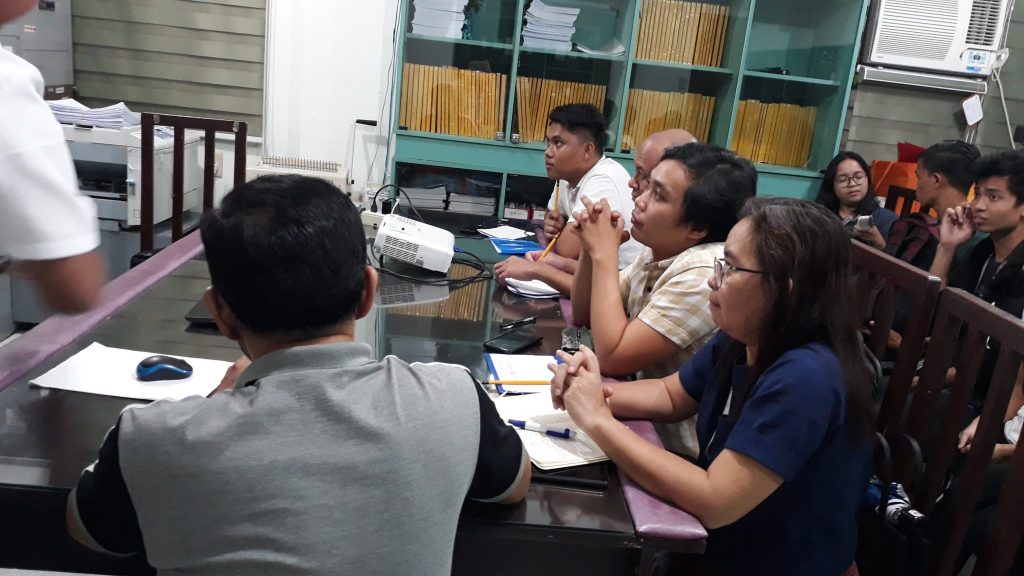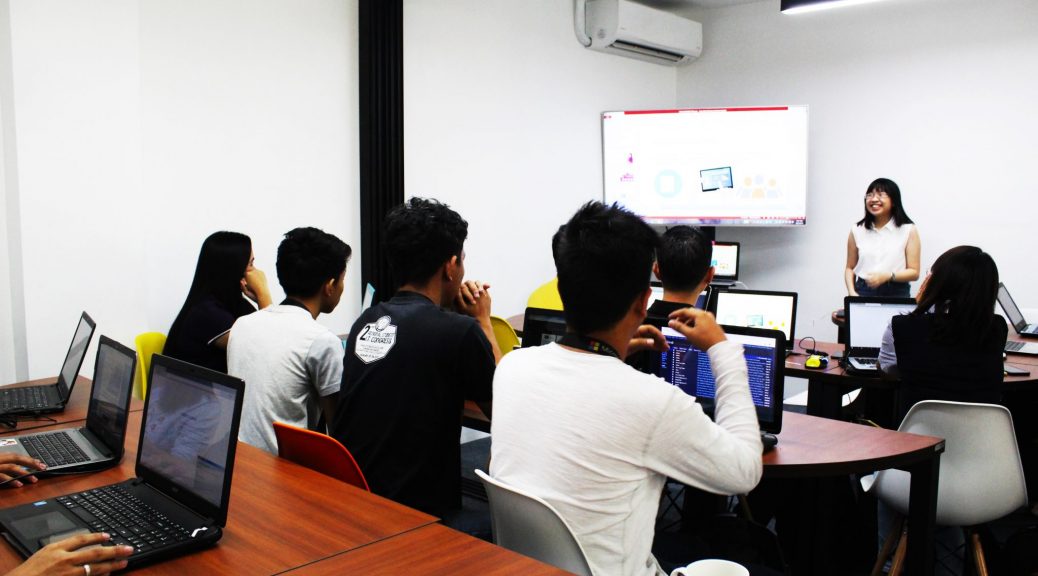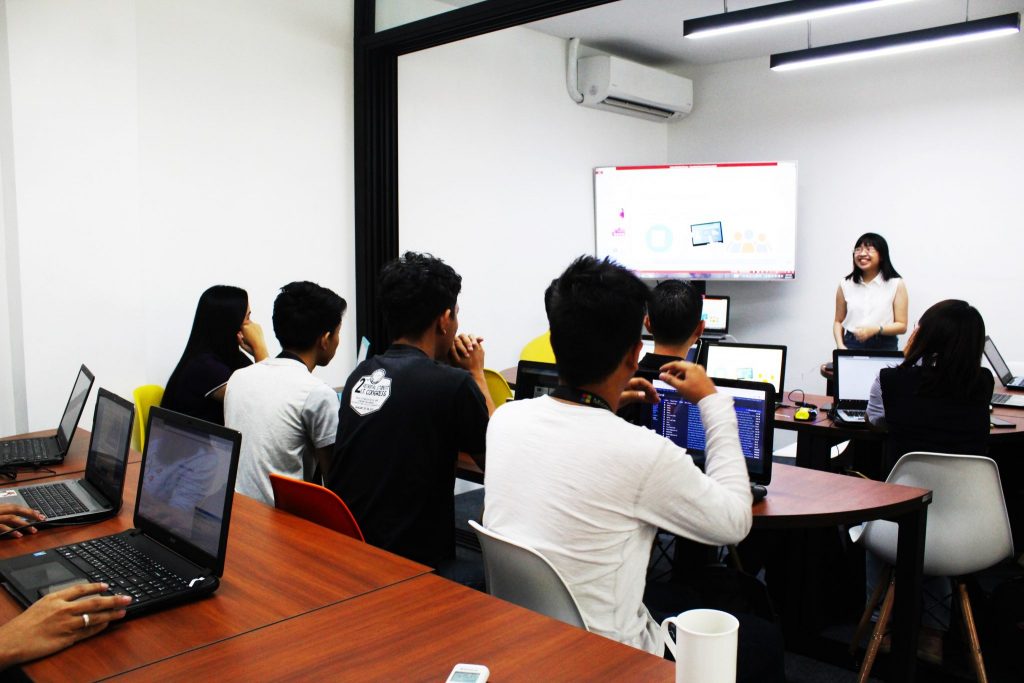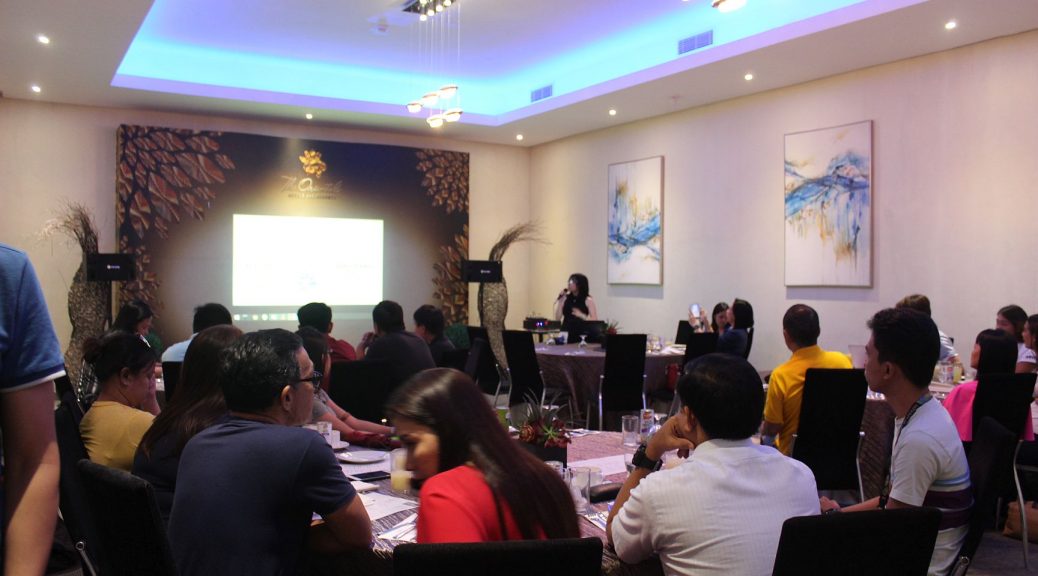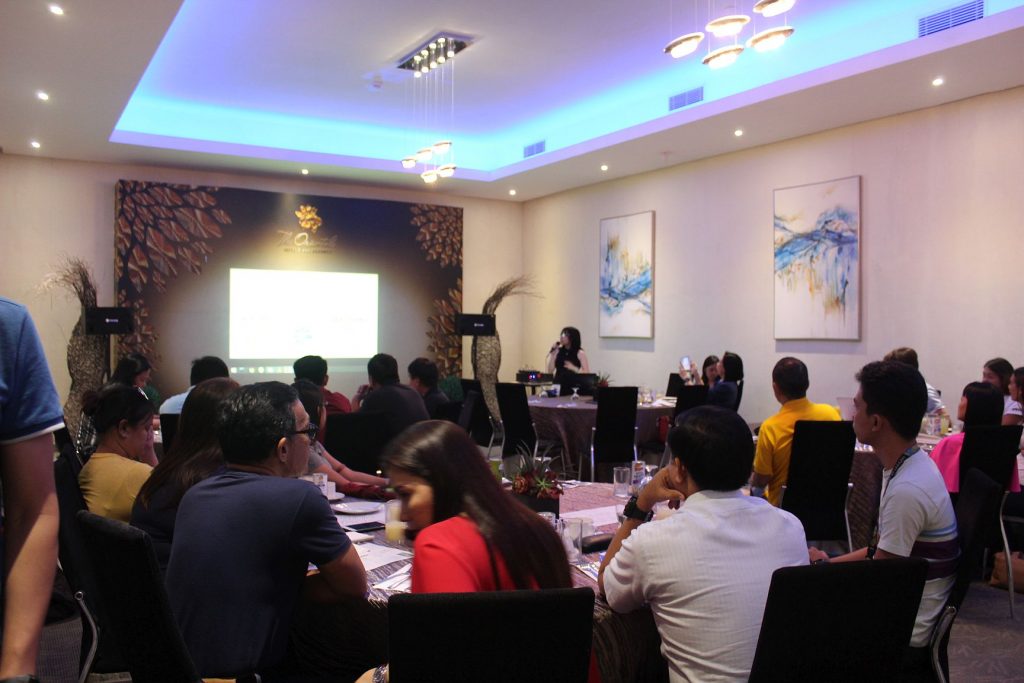VOLUME 2 of the OCDex Public Data Analytics Series
Data science and analytics has demonstrated its power in informing decision-making and problem-solving. Data can reveal trends and insights that would have otherwise been obscured. It can give decision-makers key information needed to craft effective and optimal solutions to organizational problems. It can help predict potential bottlenecks and challenges, so that organizations may come prepared when it happens. Data science and analytics is a sought out
skill in the digital age.
The Covid-19 pandemic and its resulting limitations on mobility has forced many transactions and communications to migrate from the physical space to the digital space. This sudden global digitalization resulted in an increase in data produced and a subsequent increase in the potential game-changing insights that these data may be hiding.
While many in the private sector have been seen leveraging the power of data for business insights and maximization of revenue, the public sector is yet to catch up in terms of digitalization and data utilization, especially in developing countries. The power of data would especially help communities and local governments in coming up with efficient, effective, and inclusive policies and solutions to problems.
The aim of the 2022 OCDex project run is to bring data scientists and analysts together, and demonstrate how analysis of government data can be used to help solve problems in local communities. The project aims to demonstrate how it can help inform local policymaking and project planning, and how citizens and researchers can participate and help their respective local government units in overcoming community challenges hand-in-hand. This handbook hopes to convince local governments and authorities to invest in good data housekeeping and integrate data science and analytics into their decision-making.
This handbook features how academics and data enthusiasts used public data to help inform solutions to various community problems such as healthcare, inclusivity, and accessibility for persons with disabilities, fairness, and transparency in public procurement, and ensuring enough supply of utilities. Lastly, this handbook presents a replicable model of cooperation between local governments and their local researchers and data enthusiasts toward the effective use of data science and analytics for community building.
 Loading…
Loading…
For more information, questions, suggestions, and submissions, please e-mail learning@layertechlab.com
